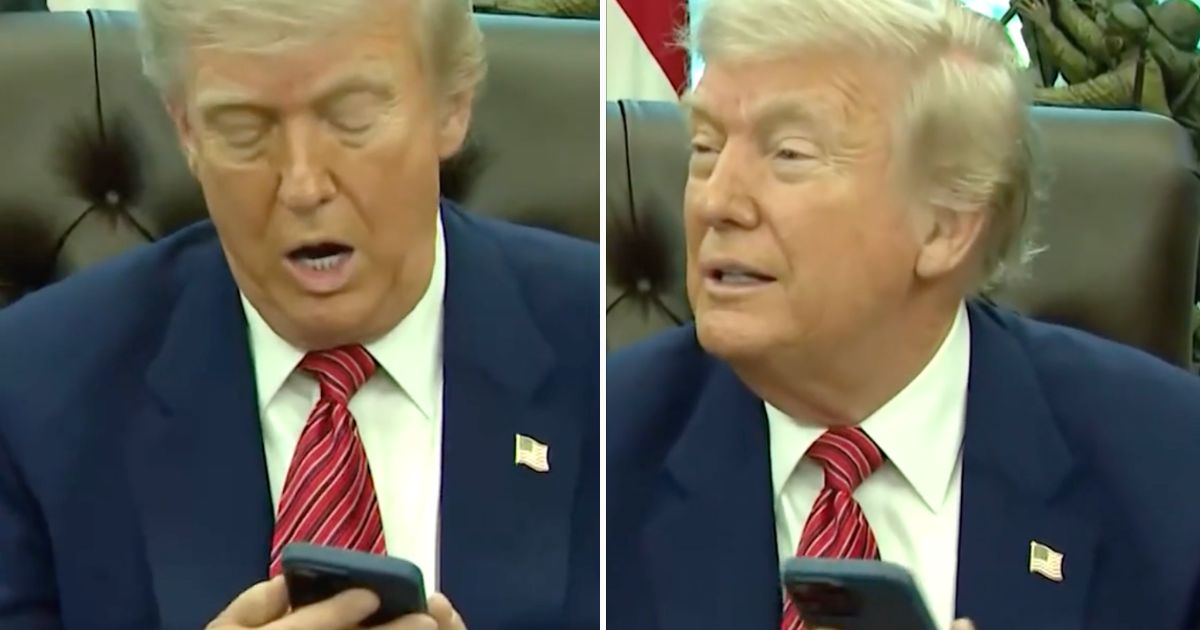Secretary of Defense Pete Hegseth is under fire following the emergence of photos showing controversial tattoos during a recent military training exercise at Pearl Harbor.
The images, which surfaced last week, reveal that Hegseth has the Arabic word “kafir” inked beneath his right bicep. The term, which appears in the Quran, refers to an individual who disbelieves or rejects faith in God.
The Arabic tattoo is positioned near another inscription reading “Deus Vult,” a Latin phrase historically associated with the First Crusade.
Nihad Awad, the national executive director of the Council on American-Islamic Relations (CAIR), issued a sharp statement in response.

“It appears Islam lives so rent-free in Pete Hegseth’s head that he feels the need to stamp himself with tattoos declaring his opposition to Islam alongside a tattoo declaring his affinity for the failed Crusaders, who committed genocidal acts of violence against Jews, Muslims and even fellow Christians centuries ago,” Awad said.
The Context
Pete Hegseth, who openly identifies as a Christian, frequently emphasizes how deeply his faith influences both his personal life and his public persona.
His religious convictions are not only evident in his words but also permanently marked on his body through a number of tattoos that reflect his beliefs, patriotism, and overall worldview. Among these tattoos are significant religious symbols. On his bicep, he has “Deus Vult“—Latin for “God wills it“—a phrase historically associated with the First Crusade.
He also bears a tattoo of a cross paired with a sword, which represents a personal interpretation of Matthew 10:34, a Bible verse that states, “not peace, but a sword.”
Another prominent tattoo is the Jerusalem cross, a symbol from the time of the Crusades, which, according to Hegseth, played a role in his removal from National Guard duties during President Joe Biden’s inauguration in 2021.
What to Know
That particular slogan has long been tied to violent religious campaigns waged centuries ago, and both tattoos have drawn widespread condemnation from critics who see them as hostile symbols directed toward Muslims.
Hegseth has described one of the tattoos at the time as a Jerusalem Cross, emphasizing its significance as a symbol of his Christian faith.
As criticism mounts, Secretary Hegseth has not issued a public response regarding the newly surfaced images or the renewed allegations.





